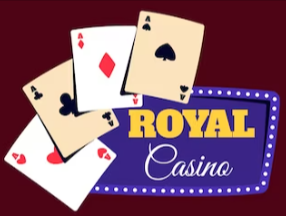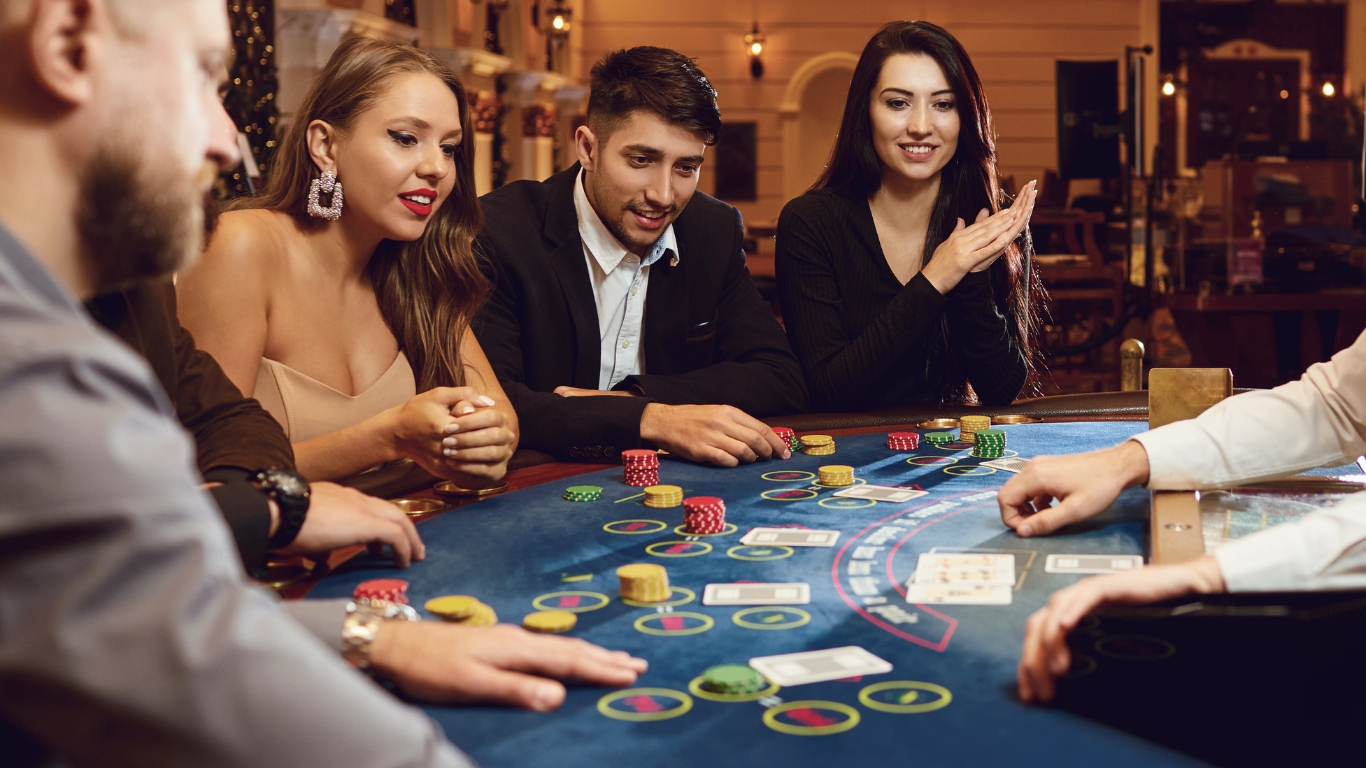The Slot Machine as a Mirror of the Mind
Few people think of slot machines as psychological tools. Yet anyone who has spent time spinning reels knows the strange feeling: the game seems to speak back to you, to mirror moods, fears, and hidden desires. Platforms like click to go to casinoly12.gr don’t just provide games; they offer stages where the unconscious is revealed.
This is why casino slots resemble psychoanalysis – only without the therapist. Instead of lying on a couch and speaking about your past, you watch symbols tumble across a screen, interpreting them as signs of destiny, chance, or even justice. What appears to be randomness becomes a conversation with yourself.
Why Slots Feel Like Psychoanalysis
Repetition as Therapy
Freud emphasized the importance of repetition in analysis – reliving patterns to understand them. Slot machines function in the same way: each spin is a repetition of risk, anticipation, and resolution. The player relives the same cycle endlessly, hoping to understand or master it.
Projection of Desire
Just as patients project emotions onto therapists, gamblers project desires onto machines. Wins are interpreted as validation; losses are seen as punishment. The slot becomes an unconscious partner in dialogue.
The Symbolism of the Reels
Archetypes in Symbols
Slot icons – fruits, sevens, crowns, or mythological figures – are not random decorations. They function like dream symbols. Each represents archetypes: abundance, perfection, authority, transcendence. The player interprets them as personal signs.
Dreams Without Sleep
Where psychoanalysis deciphers dreams, slots create waking dreams. Players chase patterns and meanings in the reels, interpreting coincidences as fate.
The “Silent Therapist” of Randomness
The Machine Doesn’t Judge
Unlike human therapists, the slot machine offers no judgment. It responds only with results – win, lose, bonus, nothing. For many players, this nonjudgmental rhythm is more comforting than a conversation.
Chance as a Mirror
Random outcomes allow players to externalize emotions. A win feels like recognition of effort; a loss may feel like an echo of inner doubt.
Case Studies: The Therapy of Slots
- The Lonely Gambler: Uses slots as nightly ritual, interpreting wins as messages that “someone out there” cares.
- The Stressed Worker: Projects job anxieties onto the reels, where each loss feels like workplace rejection.
- The Dreamer: Sees patterns in symbols, creating personal myths of luck and destiny.
The Double Standard of Awareness
Knowing It’s Random, Feeling It’s Personal
Most gamblers intellectually understand slots are random. Yet emotionally, they treat outcomes as personal dialogues. This split resembles psychoanalysis, where the conscious mind resists what the unconscious reveals.
Why Slots Provide Relief Without Resolution
Temporary Catharsis
Like therapy sessions, slot play offers catharsis. Players release emotions through spins, sighs, and reactions.
No Lasting Cure
But unlike therapy, slots rarely lead to resolution. The same patterns repeat, ensuring that the cycle of projection and relief never ends.
Online Casinos and the Intensification of Self-Dialogue
Privacy and Intensity
Platforms allow players to engage privately with machines. Without social eyes, projection intensifies. The slot becomes not just a game, but a secret diary.
AI and Personalization
As casinos adopt personalization, slot games may begin mirroring players even more – offering symbols and narratives tailored to their preferences, deepening the psychoanalytic resemblance.
The Beauty and the Danger of Slot Psychoanalysis
Why It Attracts
Slots appeal not just for money but for meaning. They provide players with an arena where they can safely wrestle with desires, fears, and contradictions.
The Risk of Substitution
But danger arises when players use slots as substitutes for real reflection or healing. Reels may echo emotions, but they don’t resolve them. The machine can become an endless loop of self-confrontation without growth.
Conclusion – The Unspoken Dialogue
Casino slots are more than games; they are silent therapists, drawing out hidden parts of the self. On platforms, every spin becomes a confession, every win or loss a coded message.
The paradox is clear: slot machines give the feeling of psychoanalysis – repetition, projection, interpretation – but without the possibility of transformation. They let players burn through emotions beautifully, but often without resolution.
In the end, gambling becomes not just about money, but about staging private therapy sessions with chance itself. The slot machine is a couch, the reels are the dreams, and the player is both patient and interpreter – forever listening for meaning in the spin.

